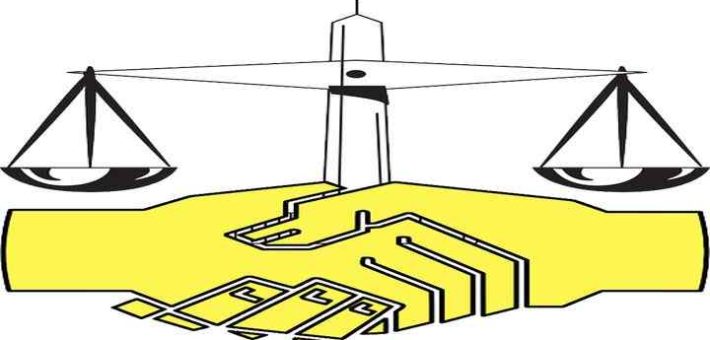More MCQs
HOME
Categories
Courses
Audit and Assurance MCQs
» ISA 250 Consideration of laws and regulations in an audit MCQs
» ISA 260 Communication with those charged with governance MCQs
» ISA 265 Communicating deficiencies in internal control MCQs
» ISA 300 Planning an audit of financial statements MCQs
» ISA 315 Identifying and assessing the risks of material misstatement MCQs
ISA 250, Consideration of laws and regulations in an audit of financial statements
Non-compliance means acts of omission or commission intentional or unintentional, committed by the entity, which are contrary to the prevailing laws or regulations. Here on MCQs.club we have prepared fully understandable Multiple-Choice Questions on ISA 250, Consideration of laws and regulations in an audit of financial statements that fully cover MCQs on ISA 250 revised IFAC, ISA250 Summary, Questions & Answers on SA 250. These MCQ on ISA 250 are useful for Business management exams, Competitive exams and Professional Accountancy exams.
- Non-compliance –
- means acts of omission or commission intentional or unintentional, committed by the entity, which are contrary to the prevailing laws or regulations.
- Non-compliance must specifically relate to the business activities i.e. transactions entered into on behalf of the company.
- It does not include personal misconduct.
- All of the above
- What are the responsibilities of management regarding the non-compliance with laws and regulations?
- To ensure that the entity’s operations are conducted in accordance with relevant laws and regulations
- Identify non-compliance with laws and regulations that may have a material impact on the financial statements.
- Both A&B
- None
- What are the responsibilities of the auditor regarding the non-compliance with laws and regulations?
- The auditor must perform audit procedures to help identify non-compliance with laws and regulations that may have a material impact on the financial statements.
- The auditor must obtain sufficient, appropriate evidence regarding compliance with laws and regulations generally recognised to have a direct effect on the determination of material amounts and disclosures in the financial statements
- Both A&B
- None
- Audit procedures to identify instances of non-compliance include:
- Obtaining a general understanding of the legal and regulatory framework applicable to the entity and the industry
- Enquiring of the management and those charged with governance as to whether the entity is in compliance with such laws and regulations
- Inspecting correspondence with relevant licensing or regulatory authorities.
- Obtaining written representation
- All of the above
- When the auditor becomes aware of information concerning a possible instance of non-compliance with laws or regulations, they should:
- Understand the nature of the act and circumstances in which it has occurred.
- Obtain further information to evaluate the possible effect on the financial statements.
- Both A&B
- None
- Audit procedures when non-compliance is identified include:
- Enquire of management of the penalties to be imposed.
- Inspect correspondence with the regulatory authority to identify the consequences.
- Enquire of the company’s legal department as to the possible impact of the non-compliance.
- All of the above
- Which of the following is correct regarding reporting non-compliance?
- The auditor should report non-compliance to management and those charged with governance, unless prohibited by law or regulation.
- If the auditor suspects management or those charged with governance are involved in the non-compliance, the matter should be reported to the audit committee or supervisory board.
- If the non-compliance has a material effect on the financial statements, a qualified or adverse opinion should be issued.
- All of the above
- The ethical standard, Responding to Non-compliance with Laws and Regulations (NOCLAR), provides guidance to accountants as to the actions that should be taken if they become aware of an illegal act committed by a client or employer.
- The above statement is correct
- The above statement is incorrect
- Responding to Non-compliance with Laws and Regulations (NOCLAR) sets out responsibilities in relation to:
- Responding to identified or suspected non-compliance
- Communicating identified or suspected non-compliance with other auditors
- Documenting identified or suspected non-compliance.
- All of the above
—more to come soon—




